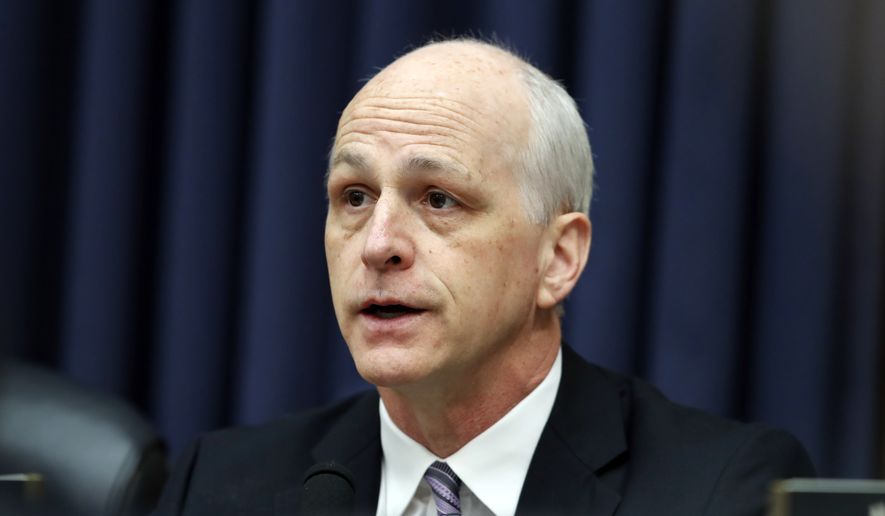There is “no plan” to pull all U.S. troops from Afghanistan by Christmas, as President Trump suggested earlier this month, a key defense lawmaker said.
In a surprise tweet, Mr. Trump announced a sharply accelerated schedule for the withdrawal of all U.S. troops from the 19-year conflict in Afghanistan by Christmas, despite crumbling peace talks, a surge in violence in the countryand pushback from Pentagon officials.
Mr. Trump has made no secret of his desire to end the U.S. mission in the “endless” conflict in Afghanistan, and a deal with the Taliban early this year outlined a schedule for a string of drawdowns leading to a full pullout by mid-2021.
The schedule was also supposed to be conditioned on a reduction in violence by the Taliban against the U.S.-backed government and a promise by the insurgents not to work with terror groups such as al Qaeda and the Islamic State.
In a wide-ranging conversation Wednesday hosted by the Center for New American Security, the chairman of the House Armed Services Committee gave Mr. Trump credit for reducing the number of U.S. troops and praised the move for making “a lot of sense.”
“Now, there’s been sort of a plan to do that, and there’s sort of been a tweet we should get out by Christmas,” said Rep. Adam Smith, Washington Democrat. “Well, there’s no plan to get out by Christmas, there’s just not. The White House hasn’t submitted one and the Pentagon doesn’t have one.”
Mr. Trump’s announcement received pushback from the Pentagon’s top uniformed officer, Gen. Mark Milley. Last week he refused to confirm the rapid withdrawal timeline and said only that the U.S. is in the process of cutting its force to about 4,500 service members, down from the roughly 12,000 American forces stationed in the country at the beginning of 2020.
Gen. Milley, the chairman of the Joint Chiefs of Staff, said that “we have a plan, a series of responsible drawdown options that has been briefed to the president. I’m not going to go into specific numbers for the future.”
Mr. Smith said that he supports a reduction of American troops in Afghanistan but that a U.S. force presence in the country, even minimally, is key to protecting U.S. allies and interests from international threats.
“If you’re waiting until there’s peace in Afghanistan … that’s not going to happen,” Mr. Smith said. “We’ve been there almost 20 years now. I think it’s pretty clear that our military is not going to solve that problem.”
• Lauren Toms can be reached at lmeier@washingtontimes.com.




Please read our comment policy before commenting.